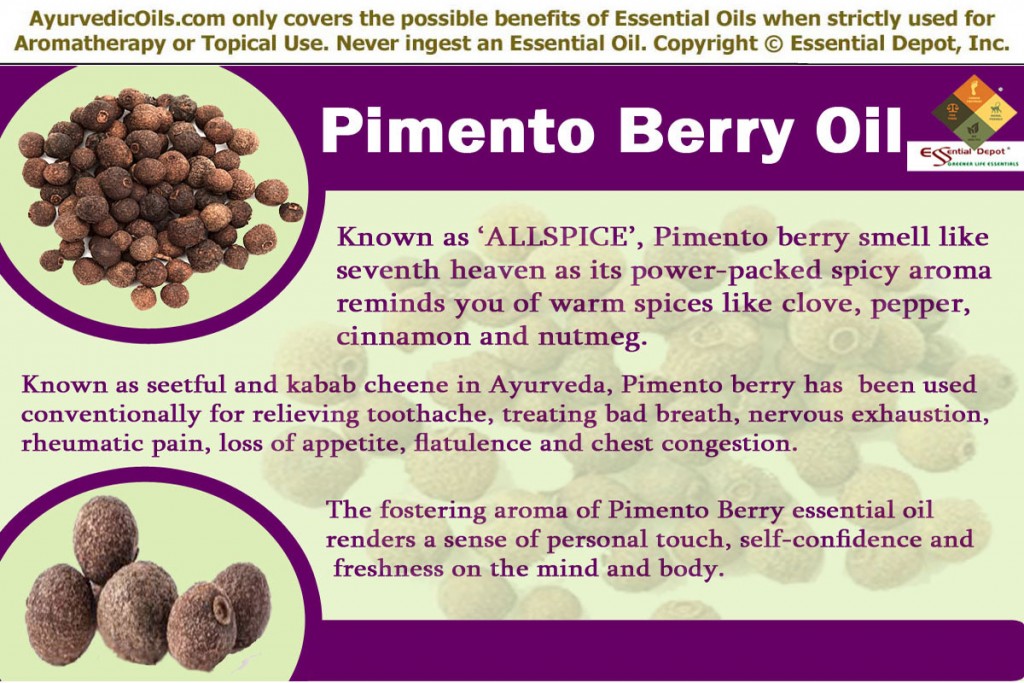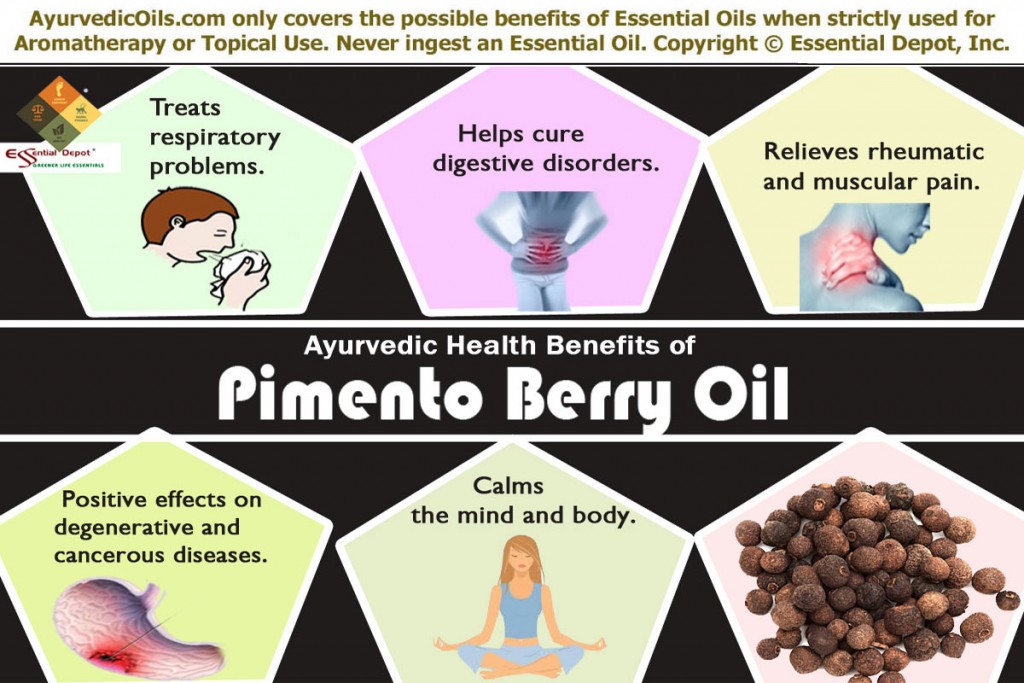The Almighty has sanctified us with innumerable blessings for which we are obliged to thank Him all through the year and throughout our life. He doesn’t appear right in front of us to make us happy, instead He assigns people in the form of our friends, relatives and other respectable persons and Thanksgiving day is such a special day to remember, thank and feel the difference they have made to our lives.
Just knock their door with an elegant gift pack of invaluable Ayurvedic essential oils to make them feel special, honored and loved. Ayurveda is an ancient healing methodology that aims at bringing good health, harmony and a happy living with increased life expectancy. You can never honor your near and dear ones in any other better ways other than gifting them with an extensive collection of their favorite essential oils with tremendous therapeutic properties.
Ayurvedic essential oils to garland this Thanksgiving Day: Only I can feel the delight of my daughter when I gift her with her favorite Lavender oil remembering all the love she gives me all the way through the year. Here are some suggestions to thank the worth-remembering people in your life.
1. For your Mom and Dad: No one can replace our Mom or Dad for they are the direct representatives of our Creator. Ayurveda, the holistic healing science has a separate branch for treating the elderly people and is known as Gerontology or Jara Chikitsa. Rosemary oil, Eucalyptus oil, Lavender oil, Chamomile oil, Grapefruit oil and Cypress oil are the best Ayurvedic essential oils that can aid them in treating their pains, swollen joints, fever, cold, memory problems, respiratory infections and other health issues. The spiritual aroma and the incredible healing values of these oils will make them remember you every day.
2. For the Love of your Life: Better half is always the best half when both of your minds speak the same words and when your hearts run on the same page. Besides differences and boundaries, the love of your life shares all the good and bad times with you. Nothing can cheer them when they are given a hug with few special words like ‘You mean a lot to me’. The glorious essential oils that can make them feel your presence even when you are away are Patchouli essential oil, Sandalwood oil, Lavender oil, Ylang Ylang oil, Jasmine oil and Rose oil. All of these essential oils can give a great start to your romantic evening or to a grand day with an invigorating bath when added to your bath tub.
3. For the little ones: Babies bring in natural joy to your family and are aptly called as the Kings and Queens of our families. In the celebrated book, ‘Aromatherapy for Babies and Children’, Shirley Price has listed 19 Ayurvedic essential oils that are safe for babies and children. The best among them that can nurture your little one’s growth especially when they are 1 to 3 years old are Roman Chamomile oil, Tea tree oil and Lavender oil. A gentle massage with these essential oils, carefully blended with safe carrier oils like Almond oil, Jojoba oil or Olive oil can help your baby grow up strong both physically and mentally. Only such natural Ayurvedic essential oils used in the early stages of their life can lay a good basis for their intellectual and muscular strength, making them bold enough to face the challenges of this competitive world.
You may wonder what kind of essential oils to bequest your friends, teachers and other relatives. Just check their age and consider under which of these above mentioned groups their age falls and gift them accordingly. Just a small ‘Thank you’ note along with an endearing collection of Ayurvedic essential oils is more than enough to deliver your love and gratefulness with no mistakes. Happy Thanksgiving Day!!! And thanks for your time on my post!!!!
Thought for the day:
Gratitude is the inward feeling of kindness received. Thankfulness is the natural impulse to express that feeling. Thanksgiving is the following of that impulse. –Henry Van Dyke
Suggested Reading:
- Chemistry Of Essential Oils Made Simple: GOD’S LOVE MANIFEST IN MOLECULES By David Stewart
- Seven Secrets to Raising a Happy and Healthy Child: The Ayurvedic Approach to Parenting By Joyce Seyburn
- Making Room for Mr. Right: How to Attract the Love of Your Life By Robin Mastro, Michael Mastro
Reference Links:


